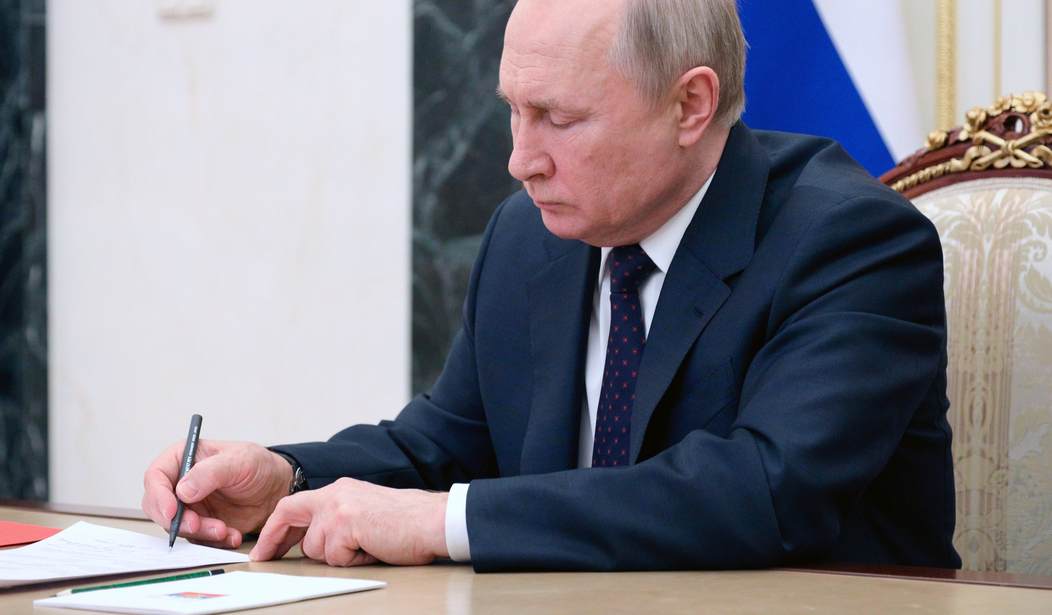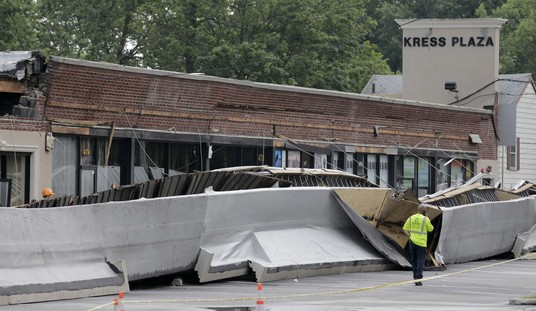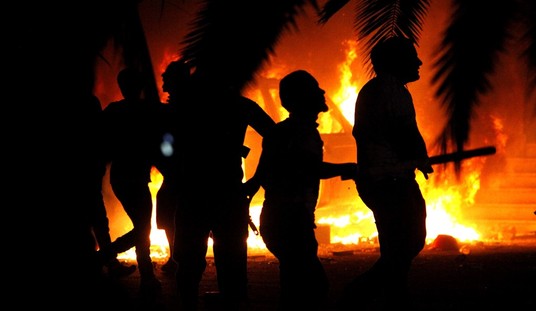Unlike the rest of the battlefield news coming out of Russia and Ukraine this summer, today’s story seems rather low-key. But it’s still worth keeping in mind because it very likely speaks to the thinking of Vladimir Putin and what the Kremlin’s long-term aspirations may actually be. Yesterday, Putin signed off on a new foreign policy “clarification” for Russia. This one stresses the importance of recognizing the “Russian World.” It doesn’t refer to Russia dominating the entire globe, or at least not yet. But it describes Russia as being larger than its current borders. The so-called “Russian” world includes any places where people are still predominantly of Russian ancestry and still speak the Russian language and maintain their ancestral culture. Unsurprisingly, that would include the eastern Donbas region of Ukraine, but there are other places Putin has his eye on as well. (Reuters)
President Vladimir Putin on Monday approved a new foreign policy doctrine based around the concept of a “Russian World”, a notion that conservative ideologues have used to justify intervention abroad in support of Russian-speakers.
The 31-page “humanitarian policy”, published more than six months into the war in Ukraine, says Russia should “protect, safeguard and advance the traditions and ideals of the Russian World”.
While presented as a kind of soft power strategy, it enshrines in official policy ideas around Russian politics and religion that some hardliners have used to justify Moscow’s occupation of parts of Ukraine and support for breakaway pro-Russian entities in the east of the country.
In the document, Putin makes multiple references to “our compatriots living abroad,” and the need to ensure the maintenance of their rights and the “preservation of their Russian cultural identity.” Most of you likely won’t require a translator to see what he’s saying. Putin is talking about the former Soviet Union.
It’s estimated that there were roughly 25 million Russian-speaking people who found themselves in non-Russian countries after the collapse of the USSR. And even after all of these years, many of them likely still speak Russian and maintain some traditional aspects of Russian culture in their lives.
If Putin is suggesting that all of those people are somehow in need of Russian “protection” so they can preserve “their cultural identity,” then he is talking about a lot of people and a vast amount of real estate. Putin may be thinking that he can expand his ambitions once he has things locked down in the Donbas. Keep in mind that we’re talking about the formerly Russian communities in countries to the west of Russia’s current borders, including Belarus, Latvia, and Estonia. To the south, this doctrine might be applied to Georgia and a number of the “Stans.” (Kazahkstan, Uzbekistan, etc.)
If that did turn out to be the case, what would the western response be? Would we have to invite all of those nations to join NATO and/or the European Union? Will we wind up sending pallets loaded with billions of dollars in cash and weapons to all of them every month? It’s not as if there’s much left that we haven’t sanctioned, so Putin might not be dissuaded by the threats of additional economic warfare against his country.
The good news is that we probably won’t have to worry about that scenario for quite a while yet, if ever. It’s taking the Russian army a ridiculous amount of time, materials, and soldiers to battle the Ukrainian forces to what is increasingly looking like a standstill. The Russian army is a mess. So I doubt that Putin is seriously considering opening another front in this war against fresh forces any time soon.








Join the conversation as a VIP Member